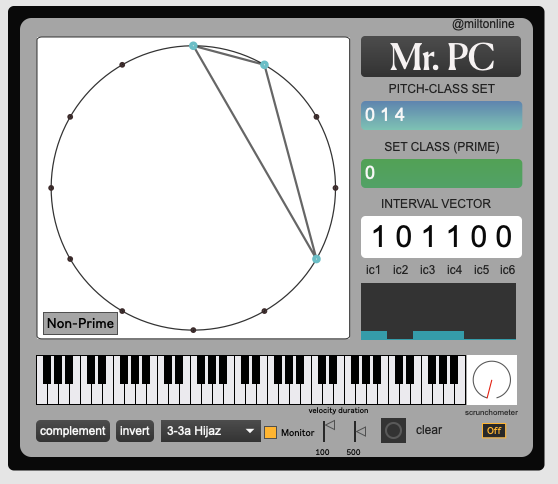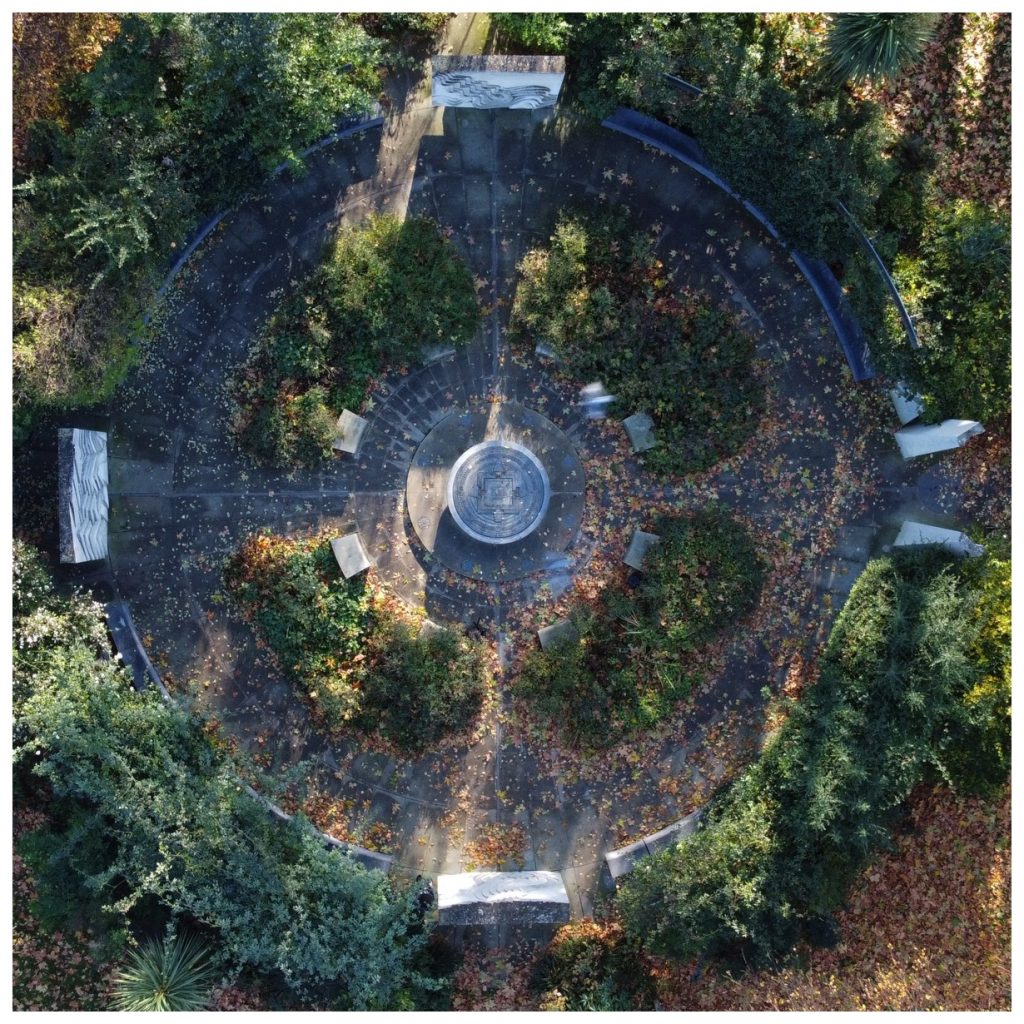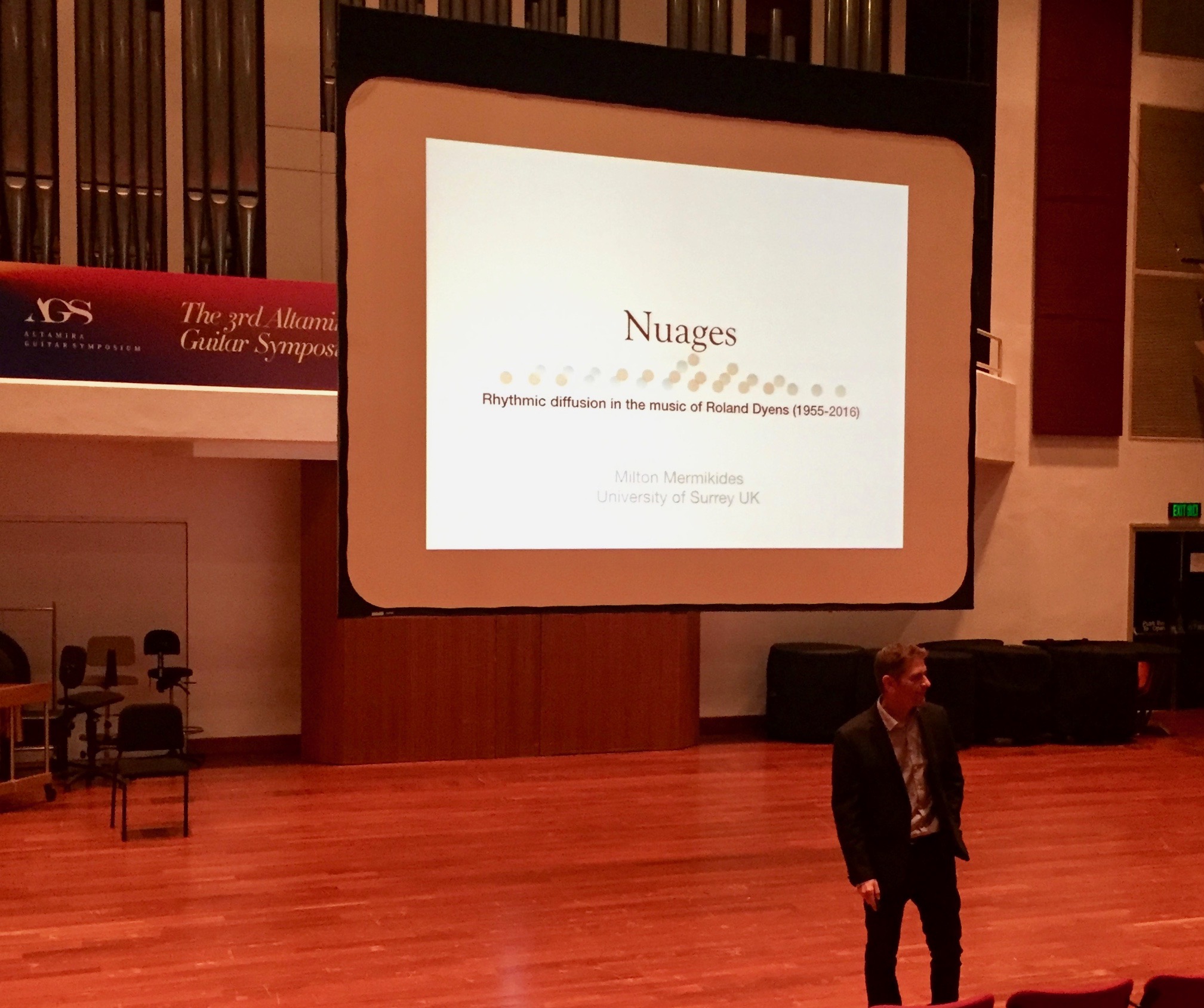Category: Lectures & Presentations
Lecture 4 of the Nature of Music Gresham Lecture Series.
The first of the 6-part Gresham College Lecture Series, delivered at LSO St. Luke’s, Sep 14 2023. Now on YouTube. Transcript.
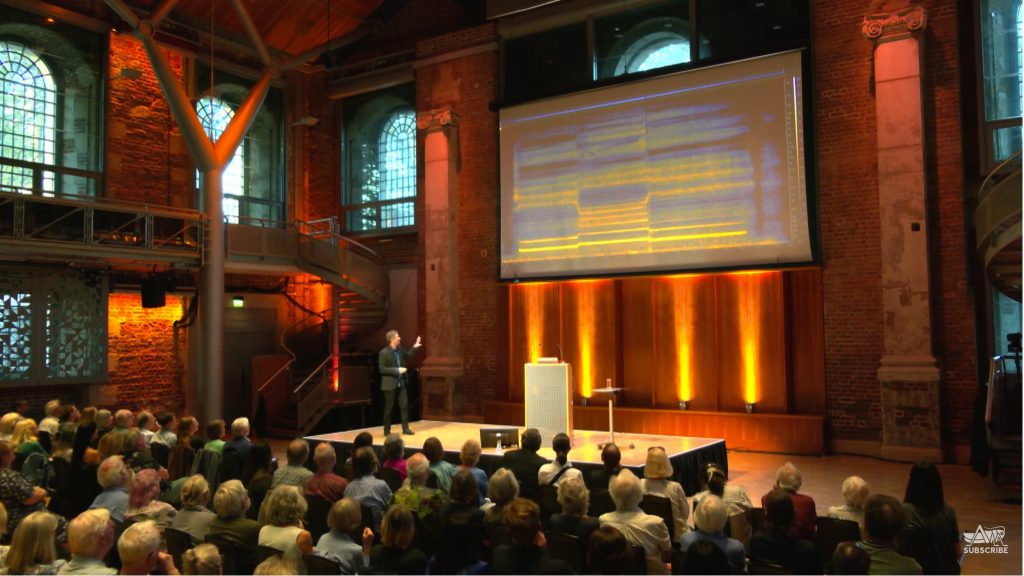
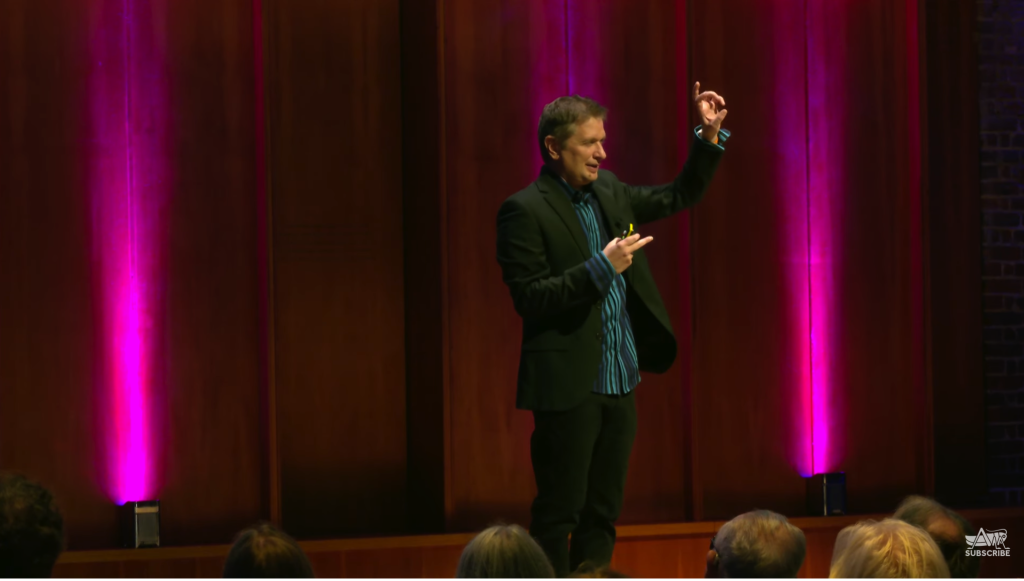
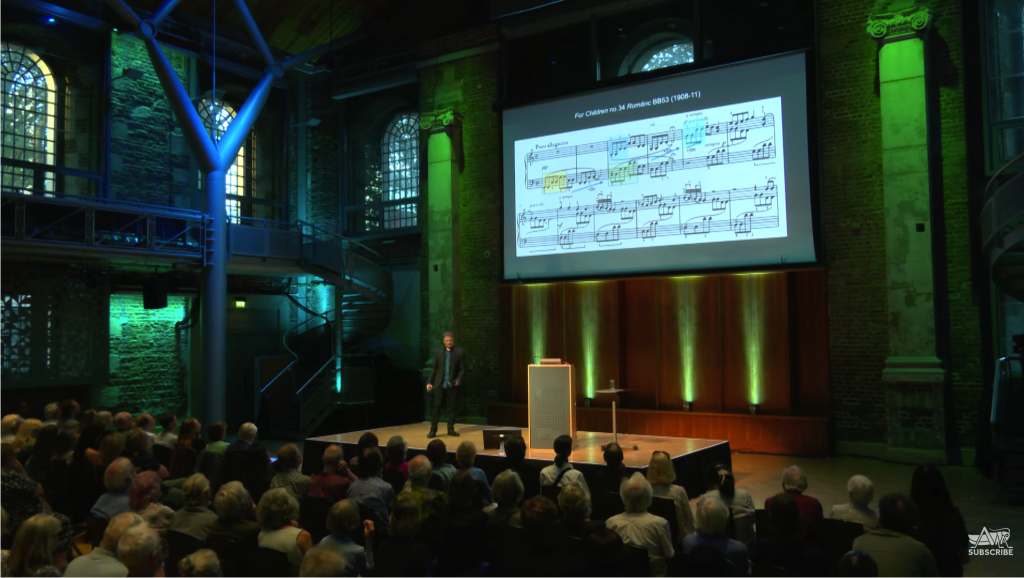
I am excited and honoured to be appointed the 37th Gresham Professor of Music, and the rich opportunity to share music knowledge it affords. This is a post that has been running since 1597 – offering (thanks to the will of Thomas Gresham) free public lectures to all – and to inherit the professorship from the likes of John Bull, Iannis Xenakis and Joanna MacGregor is quite surreal. I’ll be giving six public lectures a year which you can attend live, watch on live-stream or after the event. Details on the 2023-24 Lecture Series – The Nature of Music are here
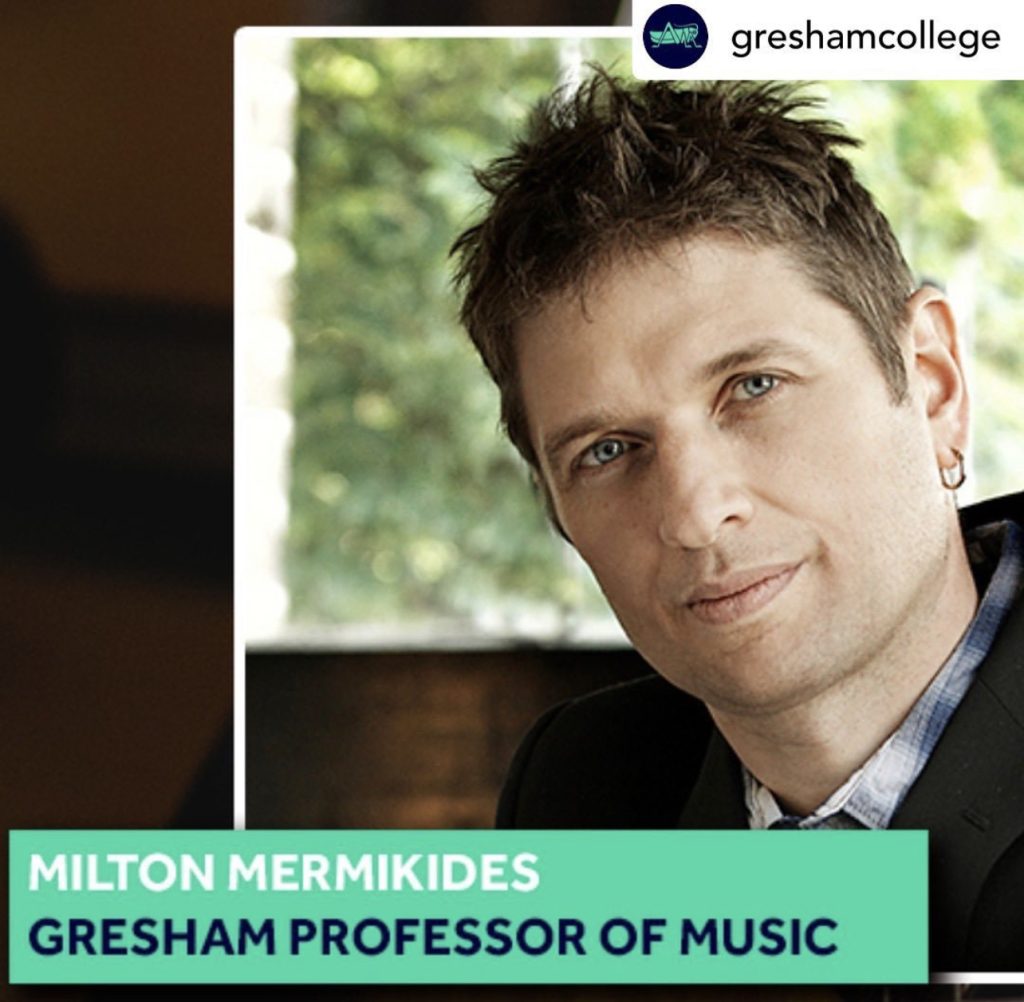
An investigation of how music conveys and triggers such a range and depth of emotion. Featuring the BRECVEMA (aka EVERBEAM X) model of music psychology.
References:
Juslin & Västfjall, ‘Emotional responses to music: The need to consider underlying mechanisms, Behavioral and Brain Sciences, 31, 2008; 559-621.
Juslin, Liljeström, Västfjäll, & Lundqvist. (2010). How does music evoke emotions? Exploring the underlying mechanisms. In P.N. Juslin & J. Sloboda (Eds.), Handbook of Music and Emotion: Theory, Research, and Applications (pp. 605-642). Oxford: Oxford University Press.
Huron, D. (2006). Sweet anticipation: Music and the psychology of expectation. MIT Press
Pieces include:
QED Theme, Corale – Mermikides, M.
Small Comfort – George Hrab
“Hidden music” is a talk given in the interdisciplinary seminar series on Eudaimonia and Human Flourishing on 24.05.2022 at Linacre College, Oxford University. The talk is in two conceptual halves: The nature of music and the music of nature. For info and to watch the talk click below.
A short, deep dive into harmonic consonance and dissonance and an understanding of harmonic flavour and spiciness. Dissonance curves, interval classes, vectors, All-interval tetrachords and introducing the Harmonic Scoville (or Scofield?) Scale.
This video reveals the beautifully interconnected symmetry of the diatonic modes, three entwined cycle of rotation, brightness and reflection in a single compass. Further Reading/Sources: Touissaint’s original Euclidean paper (concerning rhythms but relevant here): http://cgm.cs.mcgill.ca/~godfried/pub… Persichetti’s quite awesome and insightful ’20th century harmony’: https://www.academia.edu/38883692/Vin…
Every chord in the (12TET) Universe – a gentle introduction to Pitch-class Set Theory.
To download the Mr. PC patches (for Max/MSP standalone and Max for Live click below. Note: 1) they both need the excellent and free Bach package by A. Agostini & D. Ghisi (installable in Max’s Package manager) consider donating (to them). 2) For Apple Silicon computers, Max needs to be running under Rosetta. 3) These are good enough tools for teaching and music adventure – use at your own theoretical risk.
A cosmic view of the earthly and unassuming diatonic scale.
Keynote Lecture for the World Sleep Congress in Rome, Italy March 2022, examining the use of sonification to communicate and reveal the inner experience of sleep.
A shamefully/lessly nerdy exploration of the guitar fretboard, its nature, language and futures. Adapted from my keynote lecture at the 2022 Guitar Foundation of America conference.
It’s privilege to present the Keynote for the Guitar Foundation of America convention this year.

The event runs June 26, 2022,5 PM – 9:30 PM UTC+01 on Zoom (register to join)You are warmly invited to join us for a series of discussions with scholars from Brazil, the United States, Switzerland, and England. Attendees will have the opportunity to speak informally with the presenters or simply listen. Registration is required. Abstract below:
Diamonds, Abaci, and Hexagrams: Exploring the Pitch Surface of the Guitar Fretboard
In this presentation, I will analyze the idiosyncrasies, challenges, limits, and affordances of the guitar’s “pitch surface”: its fretboard and tuning. Whatever the context—staff notation, music theory, improvisation, performance, and other arenas of guitar activity—the layout of the fretboard exerts a profound influence on how guitarists learn, play, and compose. Inspired by De Souza, Goodrick, and Martino, I will also explore the benefits of creative constraints: scordatura, capo, MIDI tools, and other ways of remapping the guitar’s pitch matrix. These constraints can be used to break the guitarist’s tight auditory-motor link, revitalizing the fretboard as a primary musical space and insightful musical “abacus.”
May 24th 2022 2pm, a lecture for staff, students and public Oxford University’s wonderful new Centre for Eudaimonia and Human Flourishing. Directed by Prof Morten Kringelbach “The Centre undertakes interdisciplinary research into Human Flourishing, Eudaimonia and the Life Well-Lived with a special focus on human brain dynamics through its link with the Department of Psychiatry, University of Oxford and Center for Music in the Brain, Aarhus University, Denmark.”
The talk Hidden Music: Sonic translations of Nature will explore music as a tool for listening, and understanding patterns of the natural world, blurring the boundaries between people and the ‘outside world’, and ‘art’ and science. It will take place in the Pink Seminar Room in Linacre College and streamed online. Details here.
Engaging directly with time-feel and micro-timing on the electric guitar with specific exercises and style studies. This is for many levels of player who wants to draw focus to the elements of groove which are often excluded, glossed over or mythologized in the learning process.
A live video presentation at the fantastic 21st Century Guitar Conference “in” Lisbon, March 2021, hosted by the wonderful Amy Brandon and Rita Torres. ‘Digital Self-Sabotage’ explores we guitarists’ deep and twisted engagement with the fretboard, and how technology can expand and disrupt this bond for learning and insight.
Lecture and Workshop for Ableton at Glasgow’s Question Session in the beautiful Lighthouse venue. Make music from anything.
Feb 8 2020 Free Entry – For all Info: https://www.questionsession.co.uk

For centuries. composers have been reaching out beyond the musical world into nature, science and other disciplines for inspiration. Pythagoras conceived of a harmony created by the orbiting planets (The Music of the Spheres), Newton attached 7 colours of the rainbow to the notes of a scale, composers like J.S. Bach encoded their names into musical motifs, and Villa Lobos wrote melodies tracing the New York skyline. This workshop enables musicians of all styles to tap into this vast and profound craft of ‘data-music’. This long-established but niche craft has now been given a profound renaissance with contemporary technology: Ableton Live with bespoke Max for Live devices (available to participants in the workshop and distributed online) allow a world of real-time music creativity beyond the limits of human imagination. We will demonstrate such techniques as the automatic translation of your name into melodies, works of art into rhythms, spider webs into virtual harps, live weather reports into MIDI controls and countless other possible translations. This approach provides a uniqueness and profound meaning to your music-making whatever your stylistic interest, allowing you to tap into the infinite and uncharted universe of musical creativity.
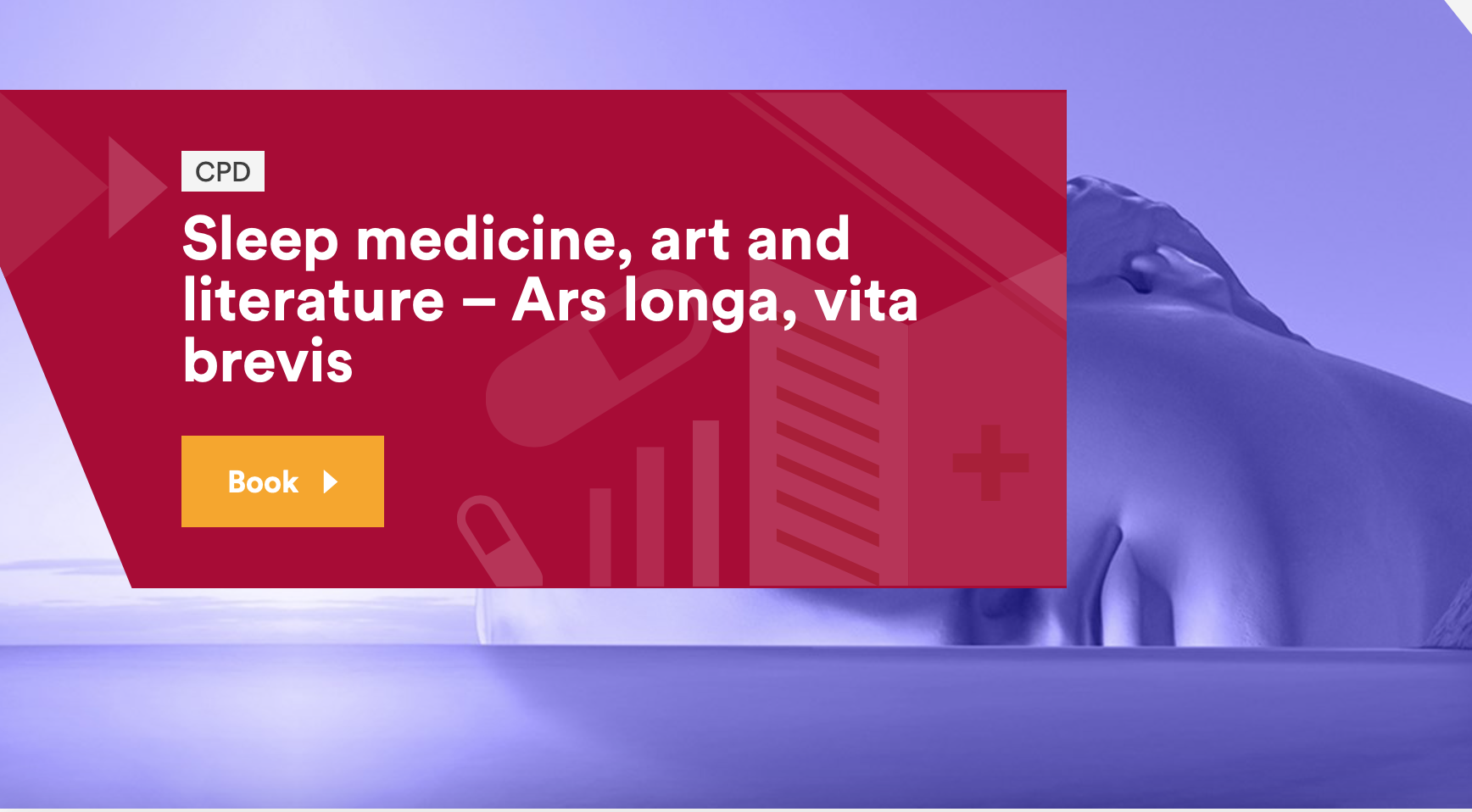
I’ll be keynote speaker-erm-ing at the Royal Asociety of Medicine on Tuesday 4th September at the Royal Society of Medicine, London.
More details here and at the link above:
Join us as we explore the links between sleep, sleep disorders and all forms of art, literature, and music including modern digital media.
We will look at the effect of music in the sleeping brain, the portrayal of sleep and sleep disorders within works of art, the perils and pleasures of sleep apps and their effect on the public perception of sleep and the literature of dreams.
You will learn to:
- Understand public perception of sleep and sleep disorders and the role that the arts play
- The effect of specific musical frequencies upon the sleeping brain
- The impact of modern digital media upon sleep and circadian rhythm
- The portrayal of sleep and dream within art, literature, and film
A lovely discussion with BBC Studio Manager (and Radiophonic scholar) Jo Langton and presenter Tom Service on Radio 3’s Hidden Voices series on Music Matters. Kathleen Schlesinger’s The Greek Aulos, Ancient Greek Modes, microtonality, the work of Elsie Hamilton and its legacy today.
Book for the free December 5th 2018 6pm event at the Barbican here:
DESCRIPTION
Hear what the neuroscience of falling asleep sounds like! Join composer and guitarist Milton Mermikides and Oxford Professor Morten Kringelbach – an expert in the neuroscience of pleasure – as they explore the musical qualities of sleep. This exciting dialogue will cover the science of sleep and its parallels with musical composition.
Kringelbach will discuss the neuroscience of music and why it is one of the strongest and most universal sources of human pleasure. Mermikides believes everything we do is music, and that music exists from the galaxies down to subatomic particles.
Together they will look at the neuroscience of human sleep and how harmonic patterns in our sleep cycle can be used to create musical compositions reflecting sleep during both health and disease. You will hear both what good and disrupted sleep patterns sound like. You’ll also find out how our body clock differs from the 24-hour clock and how this impacts our natural sleep cycle.
Kringelbach will present his new research identifying the neural pathways for how we fall asleep. Building on this, Mermikides will present new music he has composed based on Kringelbach’s discoveries. For the first time, you will hear what the neuroscience of falling asleep sounds like.
Sound Asleep is a public lecture open to everyone. It’s part of The Physiological Society’s Sleep and Circadian Rhythms meeting taking place at the Barbican between 5-6 December 2018.
Really looking forward to being on this fabulous panel at the fabulous QED conference in fabulous Manchester. Panel on 14th October 2018 Time TBC
Truth Hertz – join @Rick_Owen, @carmenego, Ann-Marie Cundy, @miltonline and @sophiescott as they reflect some of the wisdom of science on the mystics of music, the audiophiles and the numerologists at #QEDCon2018 https://t.co/cjcifOrSLf pic.twitter.com/nXQDZJADSq
— QED (@QEDcon) October 6, 2018
An incredible experience providing the keynote presentation at the Hong Kong Academy of the Performing Arts as part of the 3rd Altamira Guitar Symposium and International Guitar Research Conference. The paper Nuages: Rhythmic Diffusion in the music of Roland Dyens explores the extraordinary rhythmic sensibilities of the recently departed guitarist/composer, and was an honour to be given the opportunity for such a tribute, in such an amazing venue among such company.
Looking forward to joining the great team of Justin Sandercoe, Bridget, Jon Bishop, Steve Allsworth at the tuition clinics at the UK Guitar Show 29-30 September 2018 at the Olympia Exhibition Centre. I’ll be doing two fun sessions:
Uncaging Rhythm Guitar (29/9/18 1.30-2pm)
Jazz Guitar for Mortals (30/9/18 12.30-1pm)
Full details below
https://www.musicradar.com/news/justin-sandercoe-leads-uk-guitar-show-tuition-clinic-announcements
https://www.ukguitarshow.com/speakers/milton-mermikides
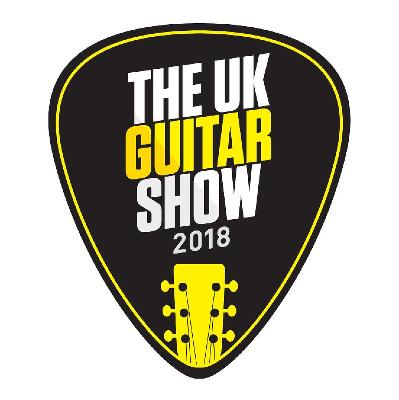
…I wish.
Delighted to be giving the final public lecture for the Physiological Society’s snappily titled Sleep and Circadian Rhythms from Mechanisms to Function event as part of their 2018 Year of Sleep initiative. December 6 2018 Barbican, London. More details to follow.

https://www.physoc.org/sleep_circadian/sleep-and-circadian-rhythms-mechanisms-function


